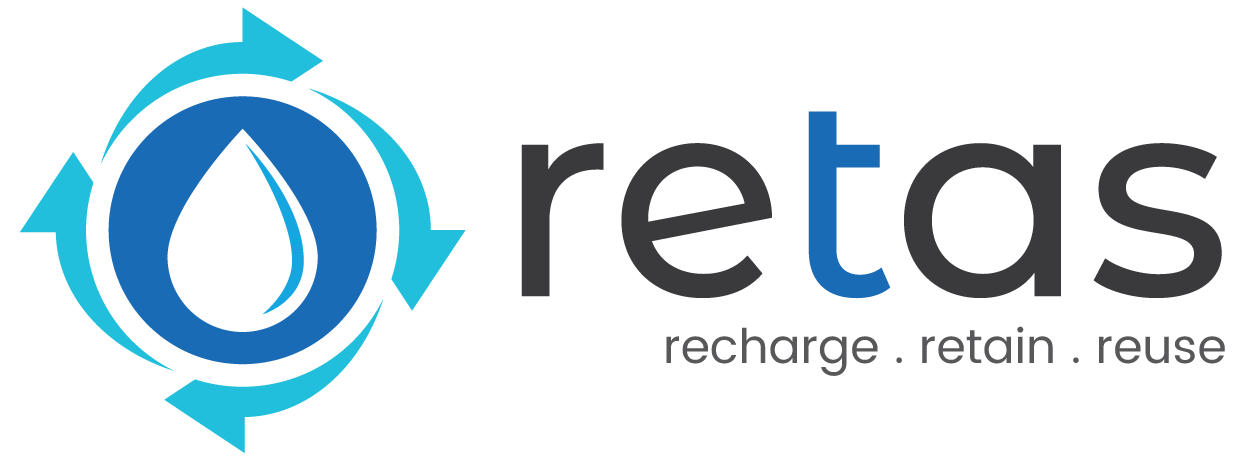Best Water Audit Services in India
Water Auditing Services
The global importance of resilient water management cannot be overstated. Water audit services play an important part in addressing these duties by monitoring water usage, identifying problems, and recommending efficient conservation measures. This in-depth study discusses the vital lighting performance of water rating services, as well as their process, grandeur, and real-world influence.
Water Auditing Services: Unveiling the Essentials
Water Auditing Services Explained
Water auditing services are comprehensive assessments carried out by professionals to evaluate water consumption patterns and practices in commercial, industrial, and residential settings. These audits provide a holistic view of water usage, pinpointing areas of wastage and suggesting tailored strategies for improvement.
The Process of Water Auditing
- Initial Assessment: A certified auditor evaluates the facility's water consumption, examining historical data, water bills, and usage patterns.
- On-Site Inspection: The auditor conducts a detailed on-site inspection, identifying leaks, inefficient fixtures, and potential sources of water loss.
- Data Analysis: Collected data is analyzed to understand consumption patterns, peak usage times, and areas with the highest water demand.
- Recommendations: Based on the analysis, the auditor formulates a set of recommendations that may include fixture upgrades, behavior modifications, and technology integrations.
- Implementation: The recommendations are presented to the client, and upon approval, the suggested changes are implemented.
Benefits of Water Auditing Services
- Cost Savings: By identifying and rectifying wastage, businesses can significantly reduce water bills, contributing to substantial cost savings.
- Resource Conservation: Water audits promote responsible water use, conserving this precious resource for future generations.
- Environmental Impact: Reduced water consumption translates to a smaller carbon footprint, fostering eco-friendly practices.
- Regulatory Compliance: Many regions require businesses to adhere to water usage regulations; audits ensure compliance and avoid penalties.
Strategies for Effective Water Management
Leak Detection and Repair
Water leaks, even minor ones, can lead to substantial water wastage over time. Auditors employ cutting-edge technology to identify hidden leaks and recommend prompt repairs.
Efficient Fixture Upgrades
Replacing outdated fixtures with water-efficient alternatives, such as low-flow faucets and toilets, can dramatically reduce water consumption without compromising performance.
Behavioral Modifications
Educating employees and residents about responsible water usage habits can lead to long-term conservation and minimal wastage.
Landscape Optimization
For commercial properties, landscaping can be a major source of water use. Water audits suggest landscape designs that require less irrigation, minimizing outdoor water consumption.
Technology Integration
Incorporating smart water meters and sensors allows real-time monitoring of water usage, enabling quick detection of anomalies and facilitating immediate corrective actions.
Realizing the Impact: Success Stories
Corporate Responsibility in Action
In 2022, Retas Water Solutions Corporation, a leading manufacturer, partnered with a water auditing service to enhance its sustainability efforts. By implementing the recommended changes, the company reduced water consumption by 35%, leading to a substantial decrease in operational costs.
Sustainable Communities
The Green Valley Housing Complex undertook a water audit to address rising water bills and enhance residents' quality of life. Through a combination of fixture upgrades and behavioral changes, the complex achieved a 40% reduction in water usage, promoting a more sustainable and cost-effective living environment.
Frequently Asked Questions (FAQs)
- What exactly is a water audit? A water audit is a comprehensive evaluation of water consumption patterns in a facility to identify inefficiencies and recommend improvements.
- Who can benefit from water auditing services? Businesses, industries, municipalities, and residential communities can all benefit from water auditing services.
- How often should water audits be conducted? It is recommended to conduct water audits annually or whenever there are significant changes in water usage patterns.
- Are water audits costly? While there is an upfront cost, the long-term savings from reduced water consumption and lower bills outweigh the initial investment.
- Can water audits contribute to sustainability goals? Absolutely. Water audits play a crucial role in achieving sustainability goals by conserving water and promoting responsible usage.
- What is the role of technology in water auditing? Technology, such as smart meters and sensors, enables real-time monitoring, early leak detection, and efficient water management.
Conclusion
Water auditing services stand as a beacon of hope in the quest for efficient water management. By identifying opportunities for conservation, reducing waste, and enhancing sustainability, these services pave the way for a more responsible and greener future. Embracing water audits not only benefits the bottom line but also reflects a commitment to preserving our planet's most precious resource.
Remember, water auditing services are not just a wise business choice; they are a moral imperative, ensuring a better world for generations to come.



